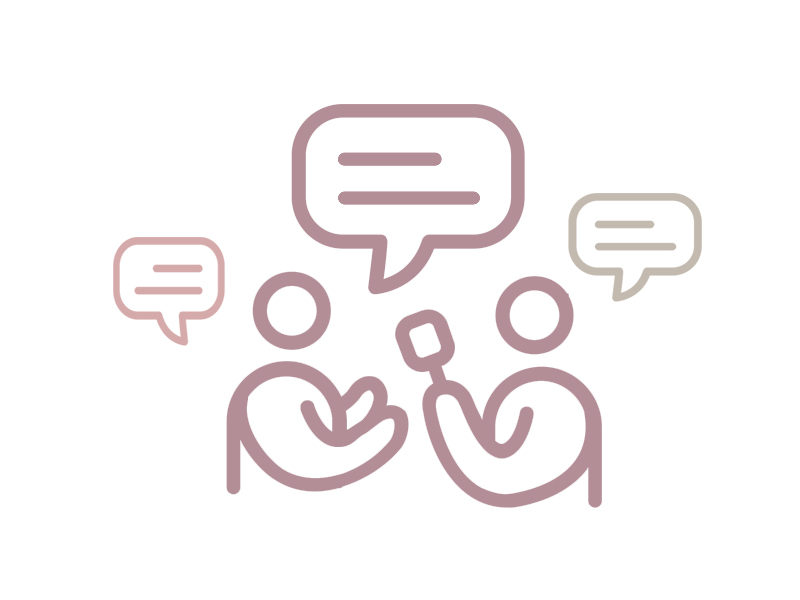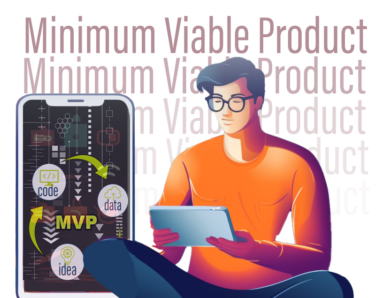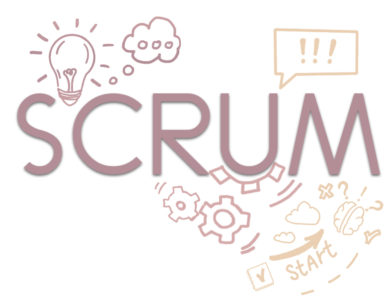
Steps for user’s interviews
1.- define a direction:
- Describe and classify the user.
- Write your goals.
- Create a a script for recruitment.
2.- Prepare:
- Write the questions
- Align with the goals.
- Create a guideline document.
- Recruit the interviewees.
3.- Discover:
- Do the interview in pairs (avoid to do it alone).
- Alter and modify your guidelines on base of what you learn.
- Continue: magic number “five” (5 users x profile) example 5 online newspaper readers, five paper newspaper readers and five that are online and paper readers.
Define a direction
Describe and classify the user
“who goes have the problem that you want to solve?”
Why to specify?
- you want find easily the hypothesis of use her behavior that want to validate.
- You can find those users
- you have the possibility to develop a solution for someone real
Goals:
Go for the interview wanting to understand how the user solve their problem…
Examples:
Supposition 1: the users like to go to a new band concert, but they don’t like to search to find new shows.
Goal 1: understand how to use your research for music event and how they feel during the process.
“You don’t want opinions… what you want is to watch how users act… “
Supposition 2: user trust in other person to choose a musical event for them.
Goal 2: understand comparative experience “sometimes” someone took you to a show where you didn’t know the band?
Creating the questions:
1.- Specify experiences: “tell about the last trip to planned”
2.- Use an strategy “show me how”: show me how would you do to search for a hotel…
3.- Save the dream questions until the end: “and if someone could solve the problem in a magic way”
4.- Don’t be exhausted: avoid to repeat similar questions, look for another way to find out something that is not cleared yet, you can change the questions if it’s necessary.
5.- Use support tools to help: design thinking tools, card sorting, phone or computer.
Main recommendations!!!
1.- Don’t sell your product: (classic mistake of product owner)
2.- Is not a talking: transform the interview in an informal talking could ruin the interview.
3.- Don’t think about the interview results: leave the expectation at the door. Just discover what is happening.
4.- Be hungry of knowledge learn learn learn.
5.- Do the interview in pairs: one person takes and another make the questions.




